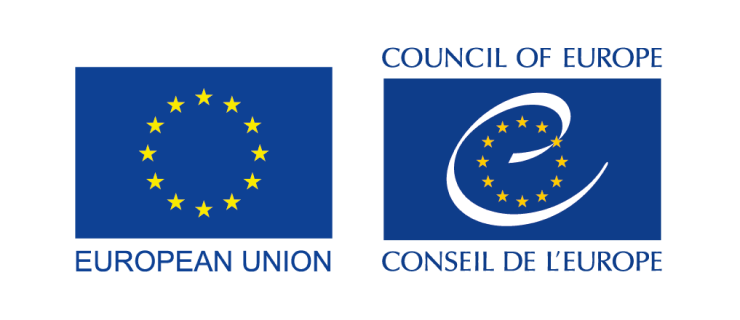International Organisation Resource
Europe on-screen Cinema and the teaching of history
Dominique Chansel • Council of Europe • 2001
Levels and forms of education
Media
Resource type
Reports
Conceptual or themathic publications
Historic approaches concerned
Art History
Cultural History
Historic period
First World War
1918-1939 (“Interwar Period”)
Second World War
1945-2000
1945-1960
1960-1970
1970-1980
1980-1990
1990-2000
1900-1945
1900-1914
Countries or areas concerned
Europe, Central Europe, Eastern Europe, Southeastern Europe, Northern Europe, Southern Europe, Western Europe
Languages
English
Description
"Europe on-screen" is part of the Council of Europe's "Learning and teaching about the history of Europe in the 20th century" project, with the primary aim of engaging young people in recent European history and establishing connections between historical events and contemporary challenges. It places a strong emphasis on developing critical thinking skills, promoting an understanding of diverse perspectives, and encouraging the inclusion of a European dimension in education. The project focuses on creating teaching materials for secondary school teachers and makes use of various 20th-century sources, particularly cinema and television, to explore societal issues. "Europe on-screen" provides fact sheets for 50 films related to key themes such as nationalism, women, immigration, and human rights. While accessibility to all films may vary, the project hopes to inspire teachers to incorporate cinematic heritage into their teaching practices, recognizing cinema as a significant reflection of 20th-century culture and a catalyst for stimulating meaningful discussions and diverse opinions.
Keywords
cinema
movies
films
nationalism
women
immigration
human rights
Europe
television
TV
